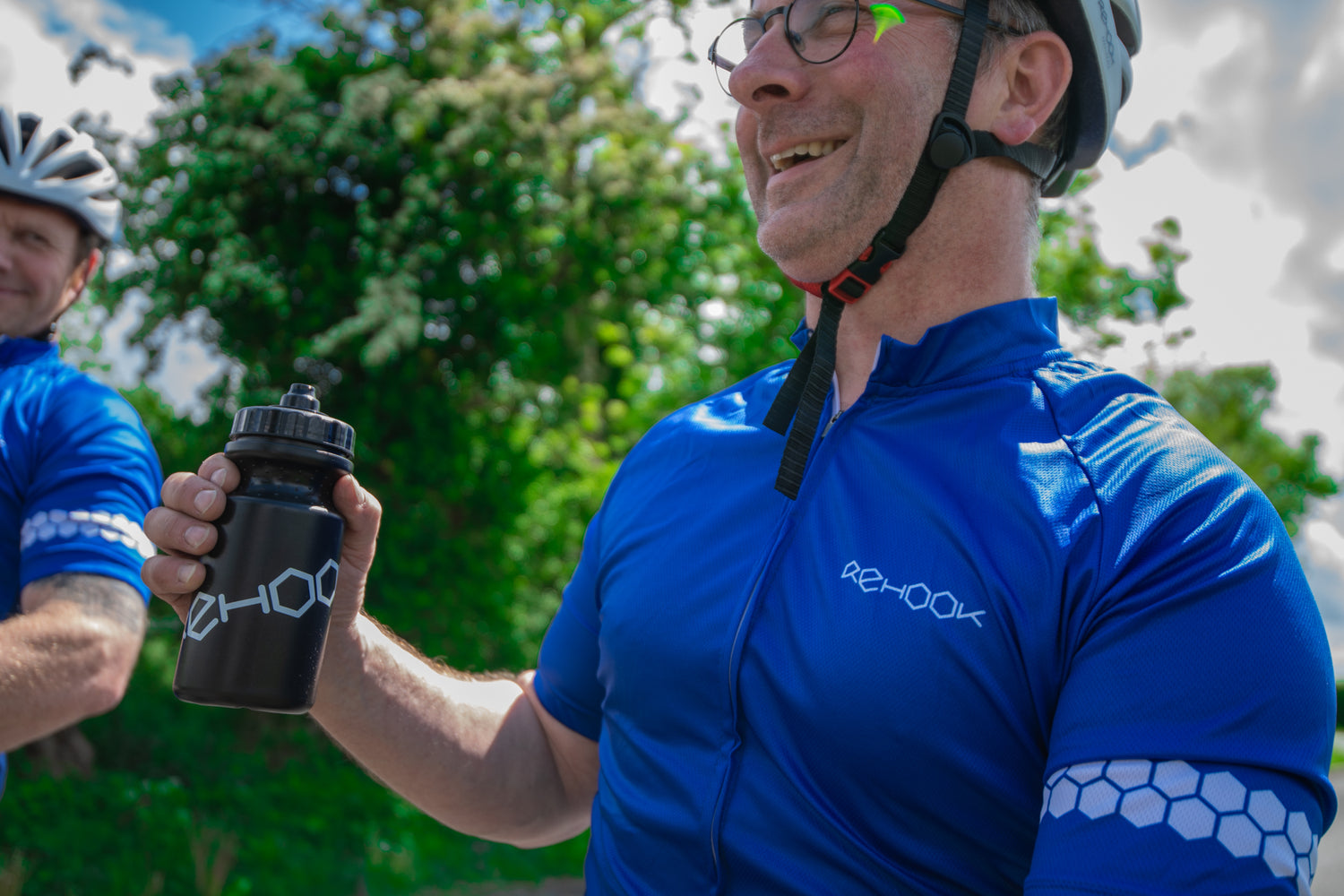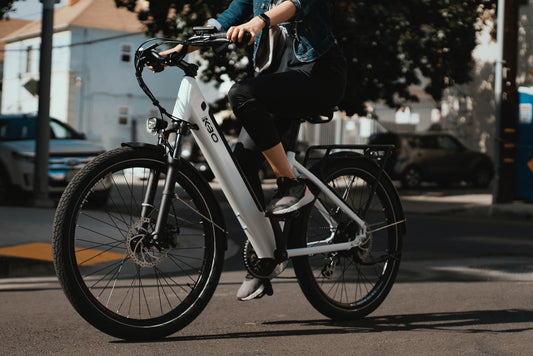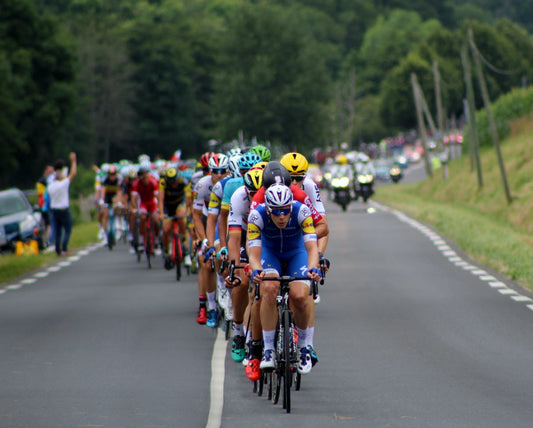awn yor bahyk
Interjection, Phrase
Used to encourage someone to leave
Example usage: Come on, it's time to go home - On your bike!
Most used in: British English speaking countries.
Most used by: Cyclists, as well as people in general.
Popularity: 8/10
Comedy Value: 6/10
What Does 'On Your Bike' Mean in Cycling?
The term 'on your bike' is a phrase used by cyclists to encourage others to begin cycling or to continue a ride. It is also a way of saying goodbye or farewell to other riders. The phrase is used to signify the start of an adventure, a journey, or a race.
In the context of cycling, 'on your bike' is used to show support and encouragement to other riders. It is a way of saying 'let's go' or 'let's ride'. The phrase is also used to show solidarity with other cyclists, as it implies that everyone is in it together.
The phrase has become more popular in recent years, with the number of cyclists in the U.S. increasing by more than 50% since 2000. According to the National Household Travel Survey, over 45 million people in the U.S. rode a bicycle at least once in 2017. This is an increase of over 10 million people from just a decade ago.
The phrase 'on your bike' is a popular way to show support and encouragement to other cyclists. It is a way of saying 'let's go' or 'let's ride' and is used to signify the start of an adventure, a journey, or a race. So next time you're out on the road, don't forget to tell your fellow cyclists 'on your bike!'
.The Origins of the Phrase 'On Your Bike'
The phrase 'on your bike' has become a popular way of expressing a person's need to go away and take action. It is thought to have originated in the UK in the late 19th century and was used as an expression of encouragement to cyclists.
The phrase was first recorded in a book called Cycling: A Practical Guide for Amateurs by Edward B. Eastwick in 1887. Eastwick wrote, 'When the cyclist is ready to start, the words 'On your bike' should be said in a cheery tone of voice, and the rider should be off like a shot.'
The phrase was soon adopted by the British public and by the early 20th century it had become a catchphrase for cyclists. In more recent times, its usage has broadened and it is now used in a variety of contexts as a way of encouraging someone to take action.












